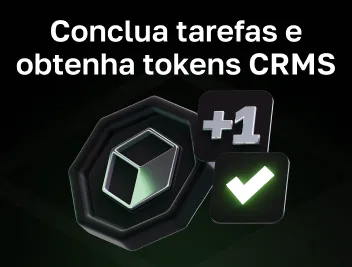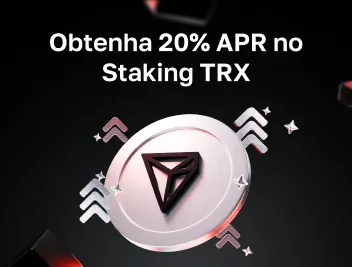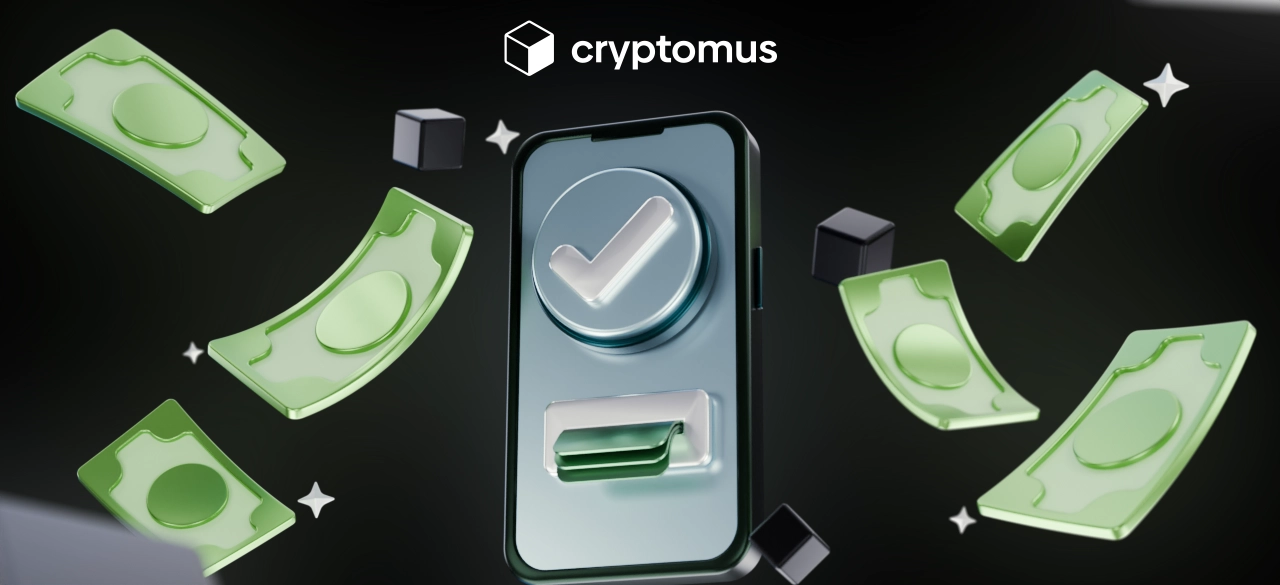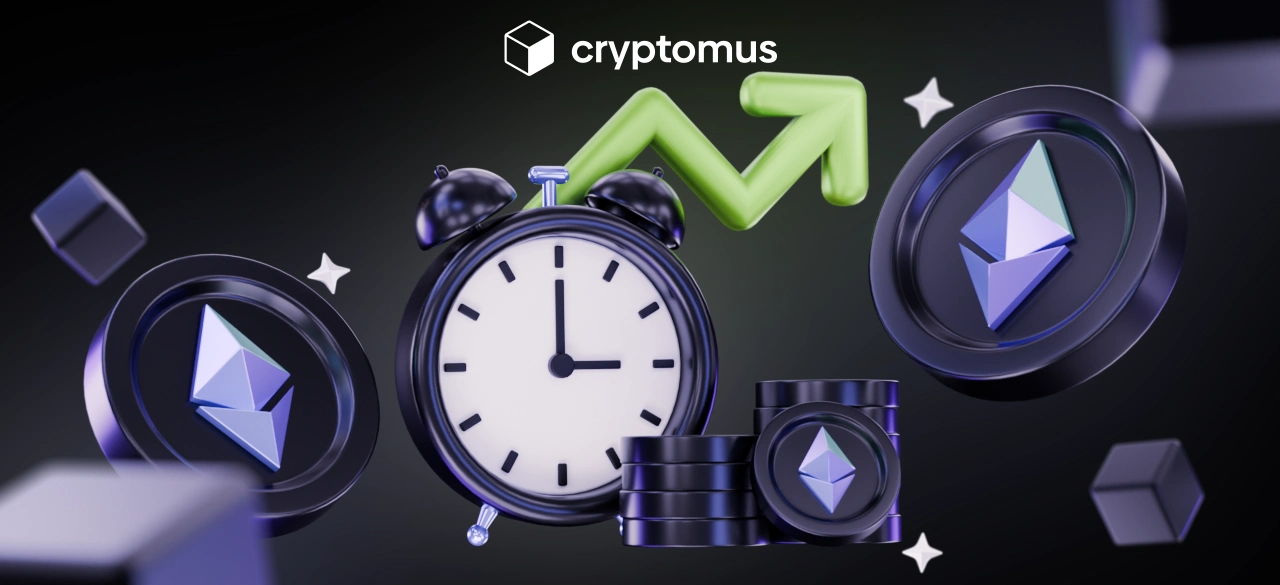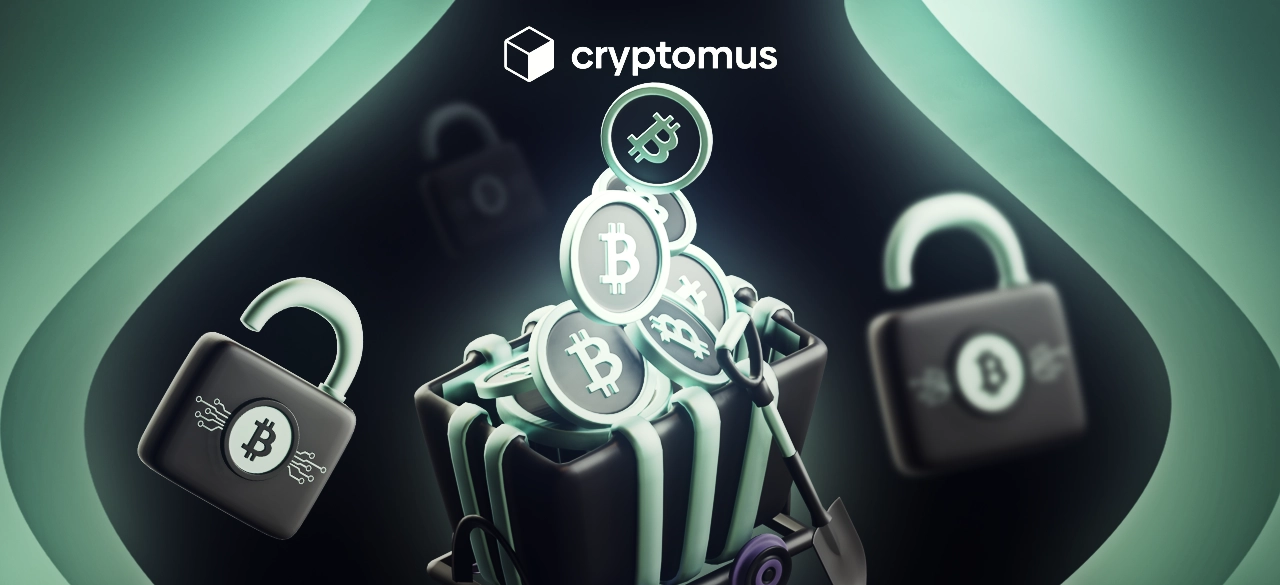
Cryptojacking: protegendo seus ativos digitais contra mineração não autorizada
Índice
Vivemos em um mundo onde as ameaças são constantes e as pessoas mal-intencionadas estão apenas esperando a ocasião certa para atacar, especialmente no mundo das criptomoedas, que é bem conhecido por golpes, ataques cibernéticos e muitas outras ameaças.
Este artigo será sobre a definição de cryptojacking, como detectá-lo e como se proteger dele.
O que é criptojacking?
Qual é o significado do criptojacking? Cryptojacking vem de duas palavras: criptomoeda e sequestro. Em palavras simples, é a ação de hackear o computador ou dispositivo de alguém e usá-lo para minerar criptografia. O hacker instala malware que, sem um bom antivírus, nem será detectado.
O processo de mineração em si é totalmente legal e ético. No entanto, o crypto jacking é feito em segredo, sem aceitação dos proprietários do dispositivo, o que o torna completamente ilegal.
Como funciona o criptojacking?
O ataque de crypto jacking ocorre em várias etapas, mas a primeira é a mais desafiadora, que é infectar o dispositivo alvo. Vamos ver em detalhes como ocorre esse ataque:
-
Infecção: O hacker tentará fazer com que você baixe malware oculto dentro de software ou outras coisas, ou também pode estar escondido dentro de um site, e apenas o fato de visitá-lo e clicar nele pode infectá-lo. Esses são os métodos tradicionais, mas você também tem os ataques de pesca que farão você clicar em links que receberá na forma de e-mails falsos ou mensagens manipulando você para clicar em algum lugar.
-
Execução: Assim que o dispositivo for infectado, os hackers podem iniciar o processo de mineração que utilizará a CPU e a GPU para minerar criptomoedas como o Bitcoin.
-
Mineração: Esse processo, como falei antes, é legal; consiste em entregar seu computador ao blockchain para resolver problemas matemáticos em troca de recompensas na forma da criptografia que você está minerando. Este processo é crucial para o correto funcionamento da criptografia. Porque ajuda a tornar as transações mais seguras e rápidas. Se quiser saber mais sobre mineração, você pode ler nosso artigo anterior: Mineração de criptografia: o que você precisa saber sobre o mundo da mineração de criptomoedas.
-
Lucro: A criptomoeda extraída é enviada para a carteira do hacker, fazendo com que ele obtenha benefícios financeiros. E causando diversos danos à vítima, que podem ser altas contas de luz e danos à CPU ou GPU do aparelho.
Como você detecta o criptojacking?
Para detectar crypto jacking, o método mais popular é usar um antivírus como Kaspersky ou Bitdefender, e também o uso de software antimalware como Malwarebytes ou outros. Essas ferramentas não apenas ajudarão você a se proteger, mas também poderão atuar como detectores.
O segundo método que você pode usar para detectar crypto jacking é monitorar o desempenho do seu computador ou dispositivo; basta ligar o computador sem usar nenhum software, esperar um pouco e começar a verificar o desempenho. Se você notar um uso incomum de CPU ou GPU, é possível que você tenha sido infectado.
O terceiro método é monitorar o desempenho da sua rede, semelhante ao segundo, mas aqui, no lugar do desempenho, você monitora sua rede em busca de qualquer tráfego de saída incomum da web. Os scripts de criptojacking geralmente se comunicam com um servidor remoto para entregar criptomoedas extraídas ou receber instruções de mineração.
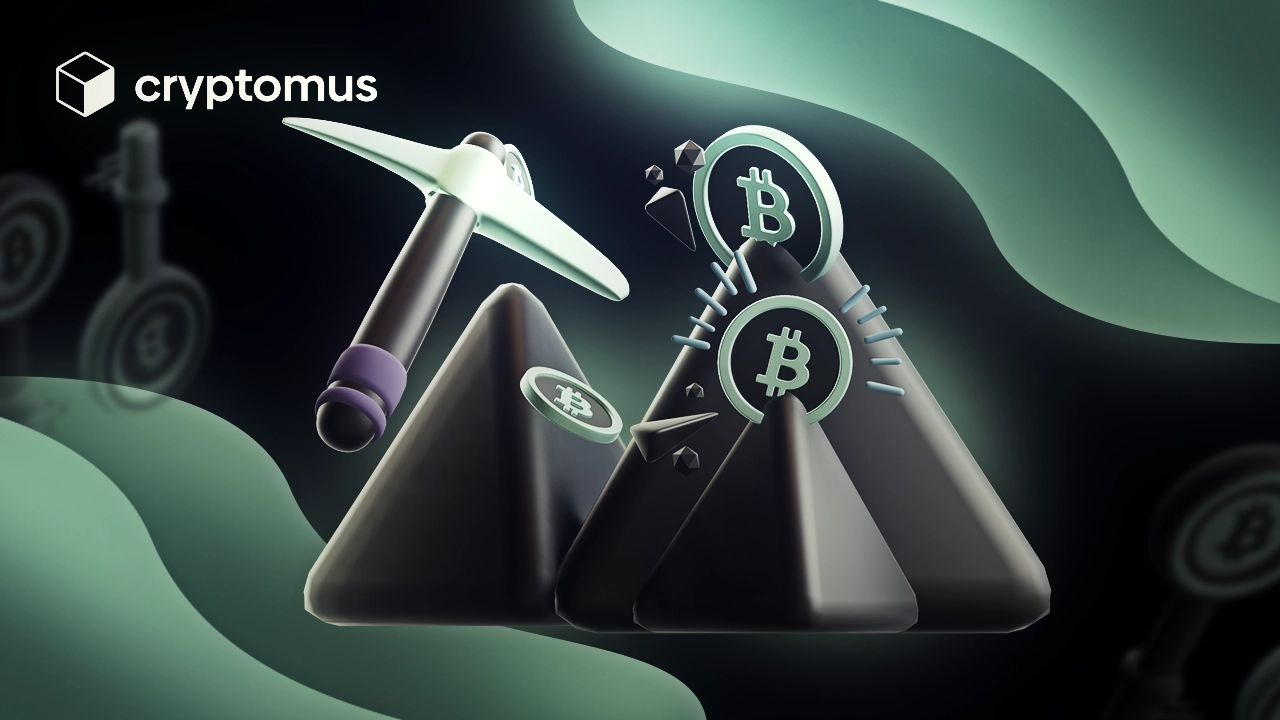
Quão prevalente é o Cryptojacking?
As estatísticas da SonicWall mostram que os incidentes relatados de Cryptojacking aumentaram 399% no primeiro semestre de 2023 na América do Norte e Latina e na Europa, e não afetou apenas as pessoas comuns. Ainda assim, também setores como varejo, finanças, saúde, governo e educação relataram aumentos significativos em incidentes de cryptojacking.
Como me protejo contra criptojacking?
Agora que vimos como detectar o cryptojacking, vamos falar sobre a proteção contra o cryptojacking. Aqui estão as principais estratégias que você pode aplicar agora:
-
Extensões bloqueadoras de anúncios e anti-criptojacking: A instalação dessas duas extensões em seu navegador reduzirá consideravelmente o risco de ser infectado ao visitar sites on-line, e algumas extensões também ajudarão você a detectá-las e bloqueá-las antes que infectem você. .
-
Atualização de software: Atualize regularmente seu sistema operacional, navegador e quaisquer plug-ins instalados. Os desenvolvedores costumam lançar patches de segurança que corrigem vulnerabilidades que os criptojackers podem explorar.
-
Software antivírus e antimalware: Use softwares antivírus e antimalware fortes, mas antes de baixá-los, pesquise sobre os melhores e evite baixar softwares desconhecidos.
-
Tentativas de phishing: Evite clicar em links suspeitos ou baixar anexos de fontes desconhecidas, pois eles podem conter malware de cryptojacking.
-
Ferramentas de segurança de rede: para organizações, o emprego de ferramentas de monitoramento de rede pode ajudar a detectar atividades incomuns que podem indicar cryptojacking. Firewalls e sistemas de detecção de intrusões também podem impedir a execução de scripts de mineração não autorizados.
-
Desempenho do dispositivo: Esteja alerta a qualquer diminuição incomum no desempenho ou superaquecimento do seu dispositivo, pois podem ser sinais de mineração não autorizada de criptomoedas.
Obrigado por ler este artigo sobre o que é crypto jacking. Nós esperamos que você tenha apreciado. Deixe-nos um comentário abaixo e diga-nos se você já enfrentou um hack ou se caiu nesse tipo de situação.
Simplifique sua jornada criptográfica
Quer armazenar, enviar, aceitar, apostar ou negociar criptomoedas? Com o Cryptomus tudo é possível — cadastre-se e gerencie seus fundos de criptomoeda com nossas ferramentas úteis.
Iniciar
